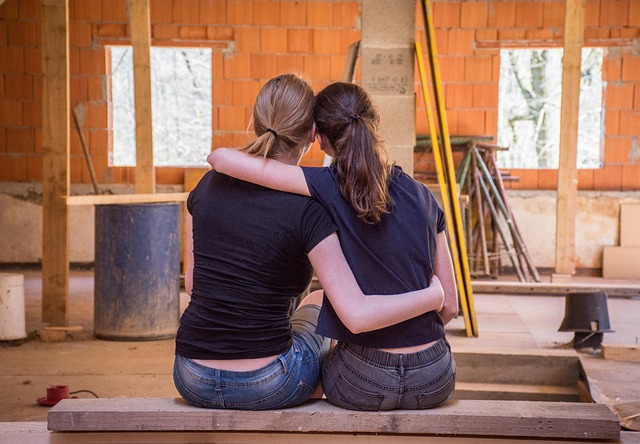
Understanding Empathy: Relationship Advice for Expressing Empathetic Responses
Empathy is at the heart of meaningful connections and deeper relationships. In our fast-paced, technology-driven world, genuine empathetic expressions can sometimes take a backseat to quick responses and surface-level interactions. However, understanding and practicing empathy can greatly enhance our relationships with friends, family, and partners.
When we talk about empathetic expressions, we’re referring to our ability to not only understand someone else’s feelings but also to convey that understanding in a way that makes them feel heard and validated. This requires active listening—paying close attention to what someone is saying, both verbally and non-verbally. It means being aware of their emotions and responding in a way that reflects that awareness.
One effective way to express empathy is through reflective listening. This involves paraphrasing what the other person has said and reflecting their feelings back to them. For example, if a friend is expressing frustration about a work situation, you might say, It sounds like you’re feeling really overwhelmed by everything that’s going on at work.” This type of response not only acknowledges their feelings but also encourages more open communication.
Another powerful tool in expressing empathy is asking open-ended questions. This invites the other person to share more, deepening the connection and allowing them to express their feelings more fully. Questions like, “How did that experience make you feel?” or “What do you need from me right now?” demonstrate that you care about their emotional state and are willing to support them.
Additionally, body language plays a crucial role in empathetic expressions. Making eye contact, nodding, and leaning slightly forward while someone is speaking are all non-verbal cues that indicate you are present and engaged in the conversation. These small gestures can make a significant difference in how someone perceives your empathy.
In romantic relationships, empathetic expressions are vital. Partners who feel understood and valued are more likely to communicate openly and resolve conflicts constructively. Use “I” statements to express your feelings without placing blame, such as “I felt hurt when…” This approach not only demonstrates your perspective but also opens the door for your partner to share theirs.
To foster a culture of empathy within your relationships, practice gratitude. Regularly express appreciation for the people in your life and acknowledge the small things they do. Simple phrases like, “I really value your support,” can enhance feelings of interconnectedness and reinforce empathetic bonds.
Lastly, remember that developing empathetic expressions takes time and patience. It’s a skill that can be honed with practice. Start by being more aware of your reactions and actively work on responding with kindness and understanding. Whether it’s checking in with a friend who seems down or whether it’s a heartfelt conversation with your partner, the effort to express empathy will bring richness to your relationships and foster trust and intimacy.


